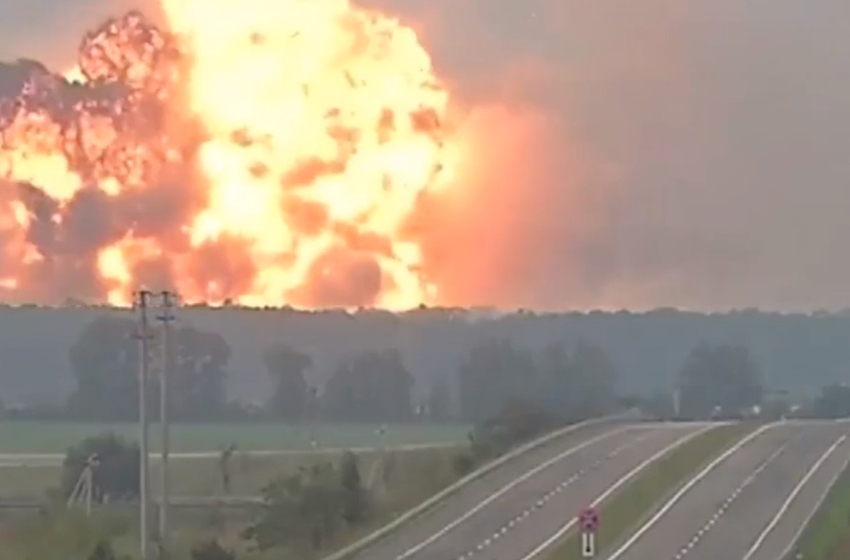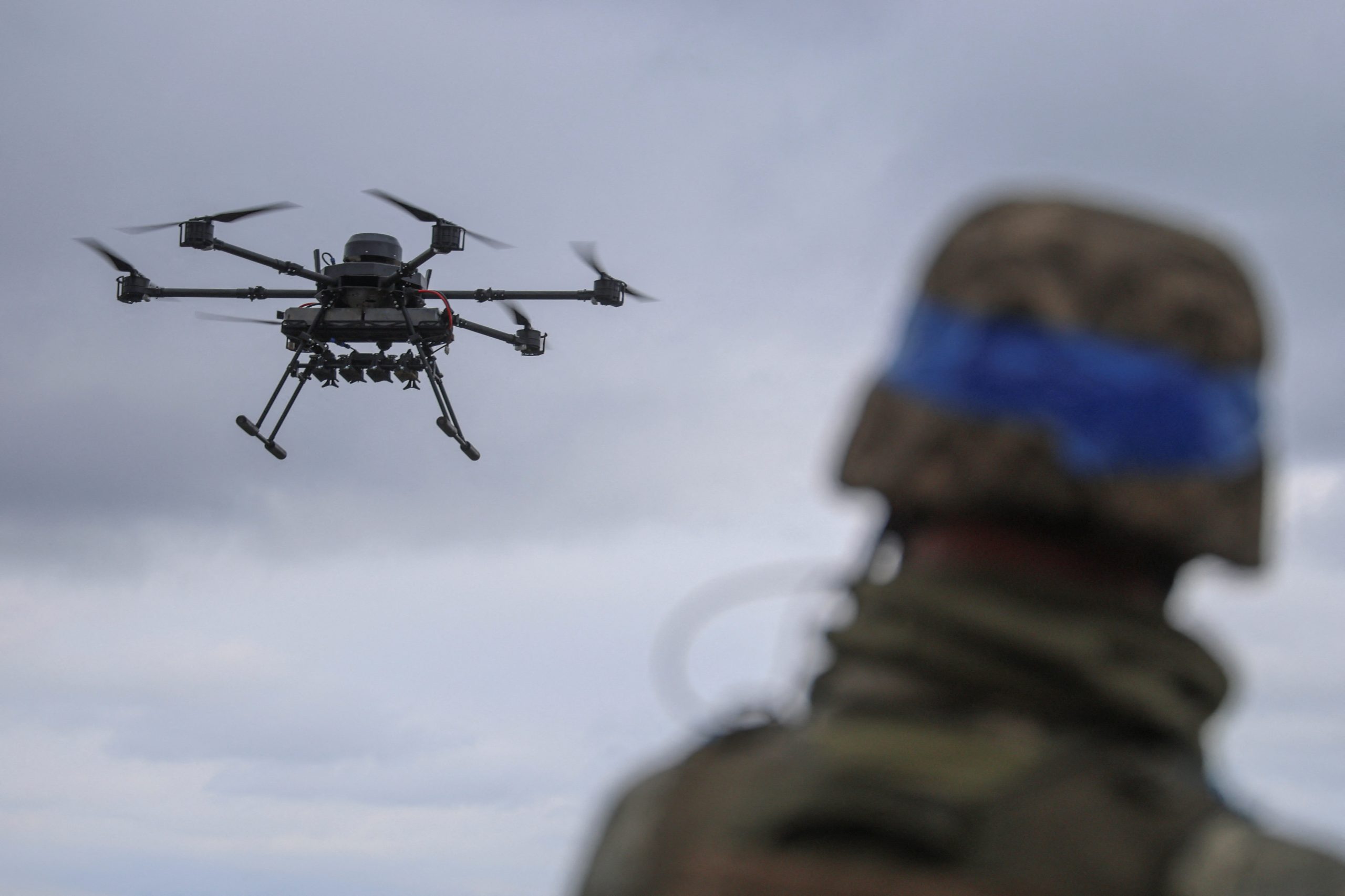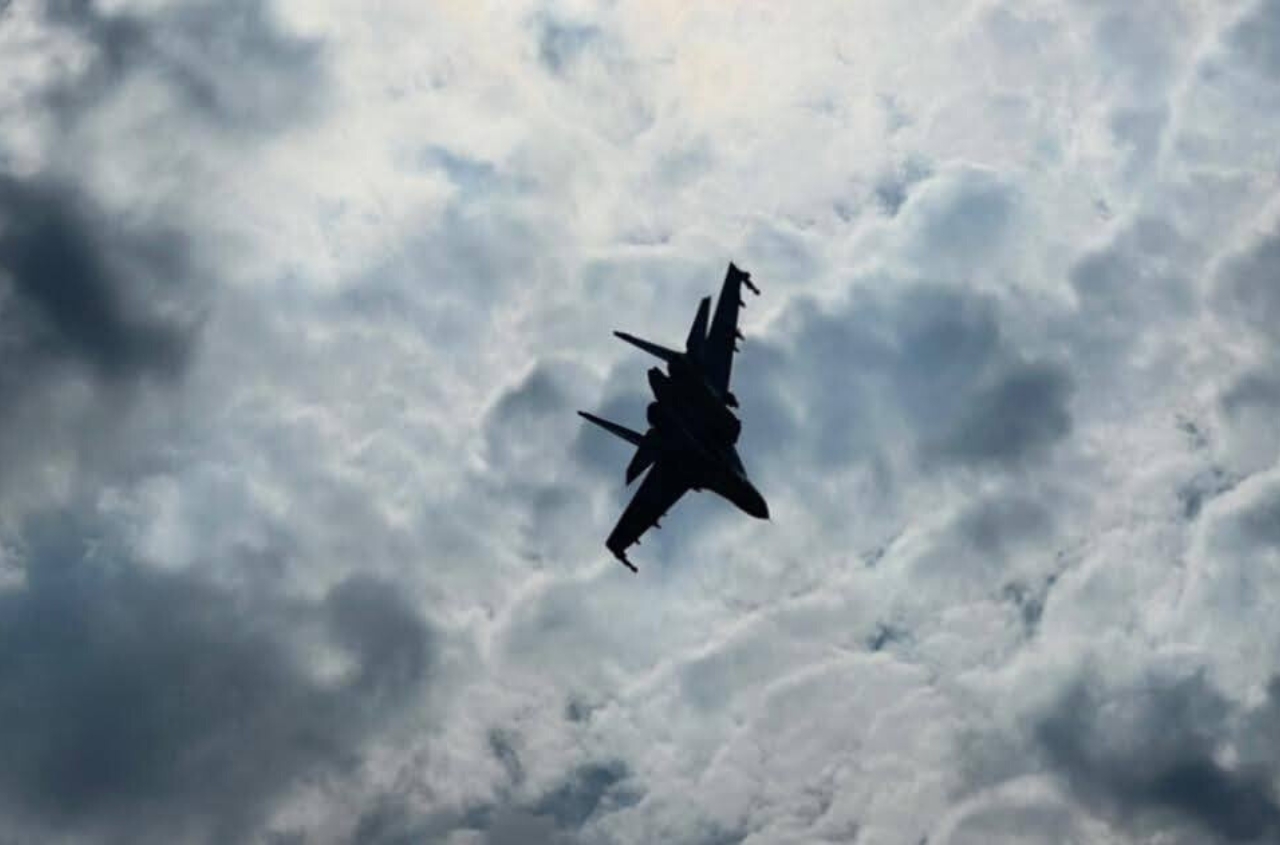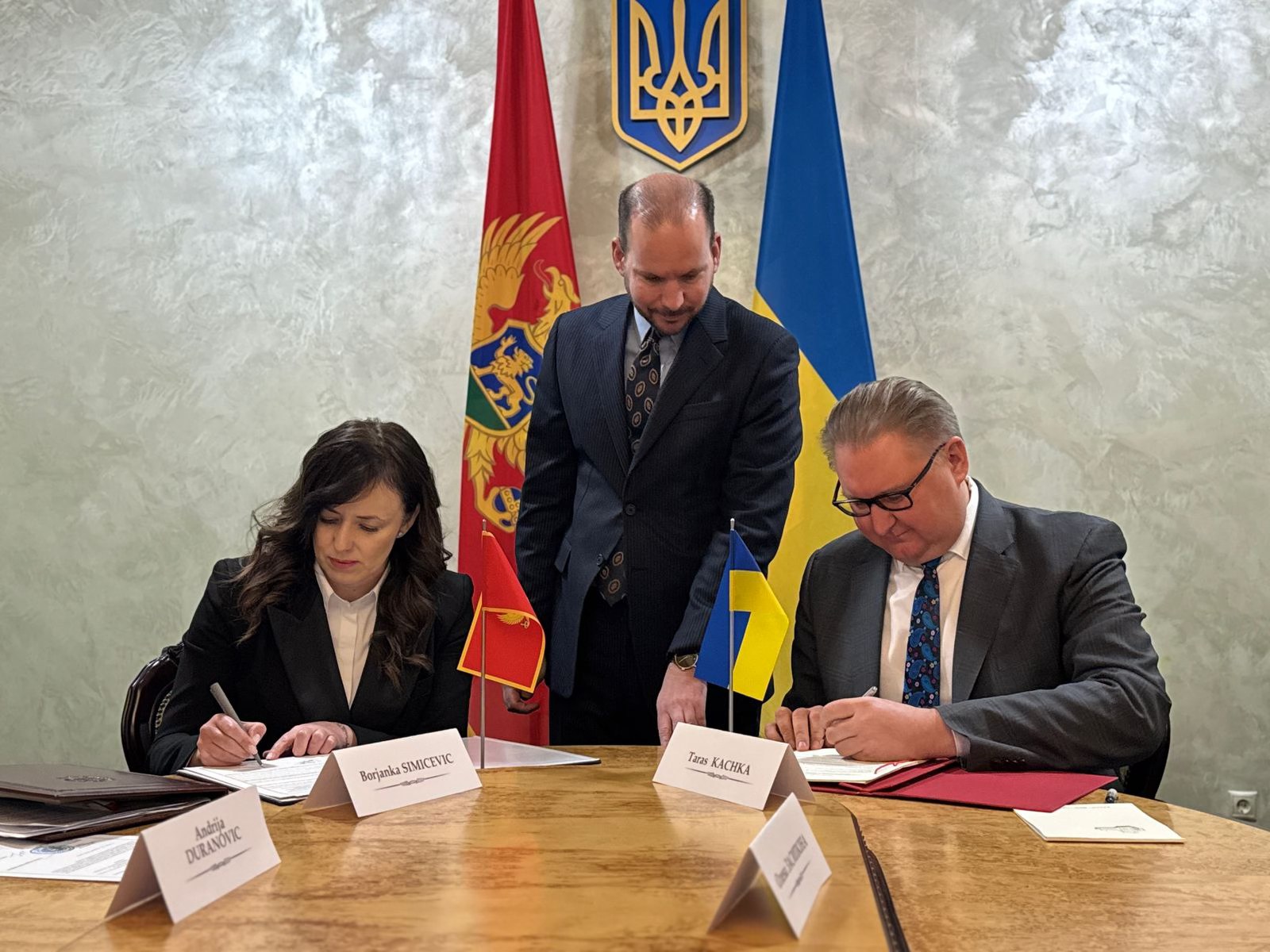The investigation has fully proven the involvement of Russian intelligence services in the explosions at military depots in the Czech Republic in 2014, where weapons were stored for Ukraine, as well as military depots in Svatovo, Luhansk Oblast, in 2015. This information was announced during a briefing by Tatiana Sapyan, an advisor to the State Bureau of Investigations.
According to her, the suspicions of carrying out these acts of sabotage have been directed at several individuals, including former Chief of the General Staff of the Russian Armed Forces Igor Sergun (who led the department until 2016), former Putin bodyguard Alexei Dyumin, who served as the head of special operations forces of Russian GRU from 2013 to 2015, Major General Valery Flyustikov, the commander of the special operations forces of the Russian Armed Forces, and Major General Andrei Averyanov, who is the commander of the "161st Center for Training of Special Forces Specialists" at the General Staff of the Russian Armed Forces.
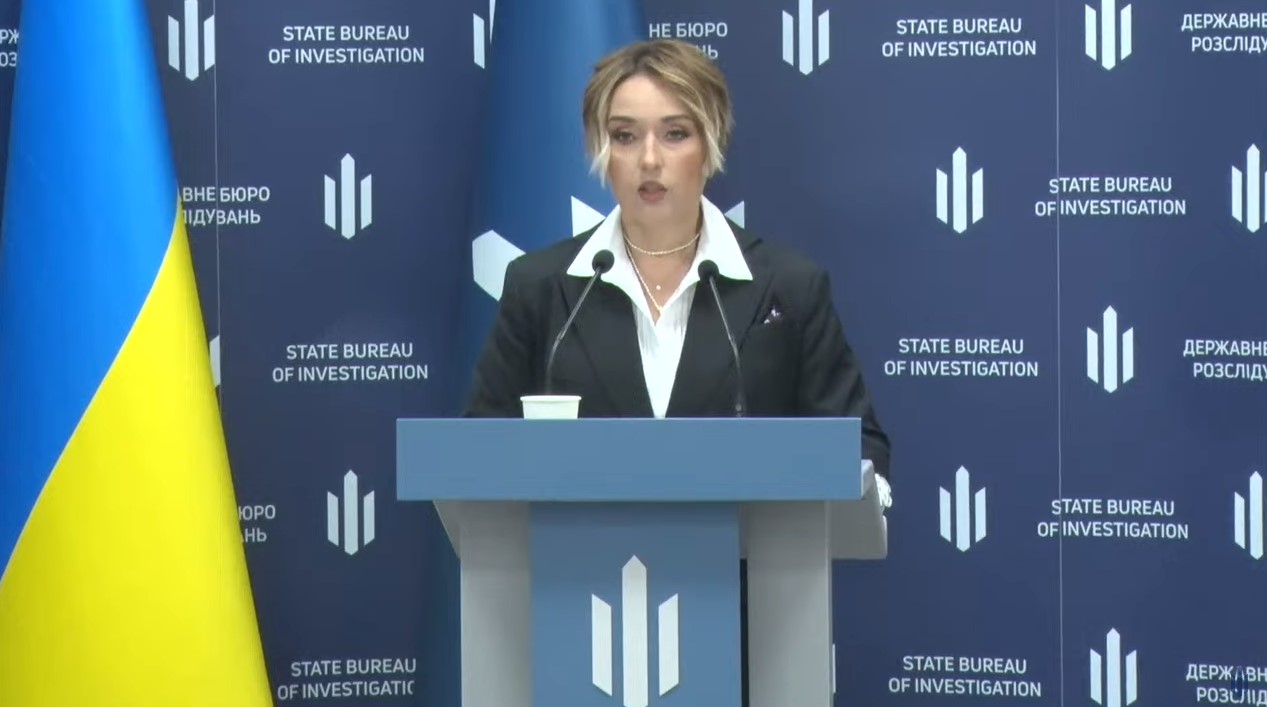
Sapyan clarified that Averyanov is currently in Putin's inner circle and often participates in high-level official meetings.
In addition to these individuals, suspicions have been directed at more than 25 other immediate organizers and perpetrators of the sabotage, who are affiliated with Russian intelligence services. Among them are the widely known individuals associated with the "Salisbury Poisonings," Anatoly Chepiga and Alexander Mishkin.
Suspicions have also been communicated to the accomplices of Russian saboteurs and traitors from Ukraine. One of them directly operated the UAV that dropped explosives on Svatovo. He is a Ukrainian citizen with the call sign "Start," who joined the terrorist organization LPR in 2014 and later began working for Russian intelligence services.
At the same time, according to Artem Dekhtyarenko, a representative of the SSU, Russian special forces used the Leer-3 radio-electronic warfare complex with three Orlan-10 drones for sabotaging the arsenal. The enemy launched these drones from the city of Pervomaisk in the Luhansk region.
Furthermore, Ukrainian law enforcement agencies, in cooperation with Czech partners, have established the involvement of Russian special operations forces in the explosion at the arms depot in Vrbětice, Czech Republic, in 2014. According to Sapyan, Mishkin and Chepiga, who are already known for their involvement in the Salisbury Poisonings, played an important role in this sabotage operation.
Ukrainian authorities believe that the Kremlin attempted to weaken the defensive potential of NATO's eastern flank and destabilize the internal political situation in Central Europe through these actions.
The State Bureau of Investigations also clarified that, after completing all the examinations, they plan to communicate suspicions to over 50 current servicemen of the General Staff of the Russian Armed Forces who were involved in sabotage on the territory of Ukraine and the EU, and possibly continue to do so to this day.
Currently, there is an investigation into the involvement of this GRU group in explosions at other military depots in Ukraine and abroad. According to Ukrainian intelligence agencies, it is now possible to assert with a high degree of probability that these GRU units and operatives are linked to most of the explosions at Ukrainian and foreign depots.
On October 29, 2015, a fire occurred at a military ammunition depot in Svatove, Luhansk Oblast, resulting in the detonation of projectiles that scattered and hit nearby equipment. According to the investigation, the cause of the fire was sabotage. As a result of the explosions and detonation of ammunition due to enemy attacks, a significant amount of military equipment (76 units), rockets, and ammunition (over 3,000 tons) were destroyed, causing a material damage of over 71 million UAH. Three Ukrainian servicemen and one civilian were killed in the incident.









